About Lakeview Center
Located in Pensacola, Florida is the Lakeview Center. The Pensacola campus sits on 25 acres and provides comprehensive care to children and adults who are struggling with mental health challenges. There are also programs here that address drug, alcohol, and substance abuse struggles.
Services available here include crisis and emergency care, short term residential care, psychiatry and prescription services, as well as specialized services for children and individuals with intellectual or developmental disabilities.
Comprehensive Addiction Recovery Services
The Pensacola campus will also support you through any chemical dependency struggles you’re working through and this is done through their medication assisted treatment (MAT) program. They have a dedicated Suboxone treatment program, which can help you manage ongoing cravings so you can focus fully on counseling and therapy.
If you’ve lost driving privileges because of a drug related offense, their DUI program can provide educational and therapeutic support as well. There is also a Florida Assertive Community Treatment team here that operates out of the Pensacola campus. This program is specifically designed for those who need help leading an independent lifestyle.
Mobile Response Team
They have crisis and emergency services that can support you if you’re experiencing a moment where you need immediate care. Their mobile response team deploys 24/7 and will respond to where you’re at within 60 minutes.
Their response team also allows you to speak with a behavioral health professional virtually or in person, making it easier for you to receive the care you need in a way that makes you feel most comfortable.
If you need a safe place to stabilize, Lakeview Center does have a short term residential treatment program in Pensacola at Lakeview Lodges. From there, you’ll get connected to their outpatient treatment program or MAT program if you’re ready to step down your level of care.
Latest Reviews
Rehab Score
Gallery
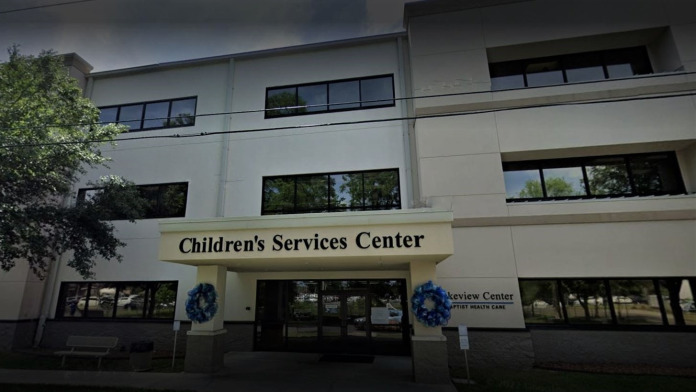
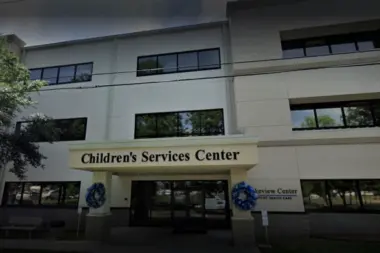
Other Forms of Payment
Self-pay involves paying for treatment out of your own pocket. You can use savings or credit, get a personal loan, or receive help from family and friends to fund your treatment. If you don't have insurance or your insurance plan doesn't cover a specific program, self-pay can help ensure you still get the care you need.
Private insurance refers to any kind of healthcare coverage that isn't from the state or federal government. This includes individual and family plans offered by an employer or purchased from the Insurance Marketplace. Every plan will have different requirements and out of pocket costs so be sure to get the full details before you start treatment.
Medicaid is a state based program that helps lower-income individuals and families pay for healthcare. Medicaid covers addiction treatment so those enrolled can use their coverage to pay for rehab. When a program accepts Medicaid the client often pays very little or nothing out of their own pocket.
Addiction Treatments
Levels of Care
Lakeview Center can provide you with options for substance abuse disorders. They understand that each individual is different and needs a tailored treatment program for recovery. Their outpatient programs allow you to achieve a better quality of life and are available to both men and women who are 18 years old and older. They use well-established, research-based treatments that are proven to effectively treat addiction disorders.
Treatments
The goal of treatment for alcoholism is abstinence. Those with poor social support, poor motivation, or psychiatric disorders tend to relapse within a few years of treatment. For these people, success is measured by longer periods of abstinence, reduced use of alcohol, better health, and improved social functioning. Recovery and Maintenance are usually based on 12 step programs and AA meetings.
Drug rehab in Florida provides quality treatment to help individuals overcome dependency related to a wide range of addictive substances. Programs address both the physical and mental aspects of addiction in order to help you make a full recovery.
Many of those suffering from addiction also suffer from mental or emotional illnesses like schizophrenia, bipolar disorder, depression, or anxiety disorders. Rehab and other substance abuse facilities treating those with a dual diagnosis or co-occurring disorder administer psychiatric treatment to address the person's mental health issue in addition to drug and alcohol rehabilitation.
A combined mental health and substance abuse rehab has the staff and resources available to handle individuals with both mental health and substance abuse issues. It can be challenging to determine where a specific symptom stems from (a mental health issue or an issue related to substance abuse), so mental health and substance abuse professionals are helpful in detangling symptoms and keeping treatment on track.
Opioid rehabs specialize in supporting those recovering from opioid addiction. They treat those suffering from addiction to illegal opioids like heroin, as well as prescription drugs like oxycodone. These centers typically combine both physical as well as mental and emotional support to help stop addiction. Physical support often includes medical detox and subsequent medical support (including medication), and mental support includes in-depth therapy to address the underlying causes of addiction.
Programs
Adult rehab programs include therapies tailored to each client's specific needs, goals, and recovery progress. They are tailored to the specific challenges adult clients may face, including family and work pressures and commitments. From inpatient and residential treatment to various levels of outpatient services, there are many options available. Some facilities also help adults work through co-occurring conditions, like anxiety, that can accompany addiction.
Young adulthood can be an exciting, yet difficult, time of transition. Individuals in their late teens to mid-20s face unique stressors related to school, jobs, families, and social circles, which can lead to a rise in substance use. Rehab centers with dedicated young adult programs will include activities and amenities that cater to this age group, with an emphasis on specialized counseling, peer socialization, and ongoing aftercare.
Clinical Services
Research clearly demonstrates that recovery is far more successful and sustainable when loved ones like family members participate in rehab and substance abuse treatment. Genetic factors may be at play when it comes to drug and alcohol addiction, as well as mental health issues. Family dynamics often play a critical role in addiction triggers, and if properly educated, family members can be a strong source of support when it comes to rehabilitation.
Group therapy is any therapeutic work that happens in a group (not one-on-one). There are a number of different group therapy modalities, including support groups, experiential therapy, psycho-education, and more. Group therapy involves treatment as well as processing interaction between group members.
In individual therapy, a patient meets one-on-one with a trained psychologist or counselor. Therapy is a pivotal part of effective substance abuse treatment, as it often covers root causes of addiction, including challenges faced by the patient in their social, family, and work/school life.
Amenities
-
Private Setting
Staff & Accreditations
Staff
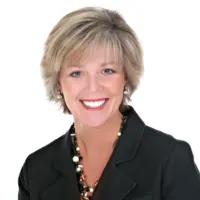
Allison Hill
CEO
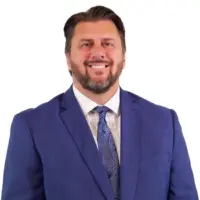
Shawn Salamida
President
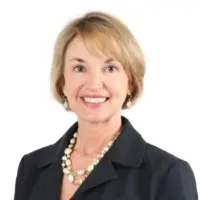
Sandy Whitaker
VP of Corporate Development
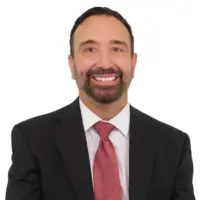
Eric Barley, CPA
CFO
Accreditations

The Commission on Accreditation of Rehabilitation Facilities (CARF) is a non-profit organization that specifically accredits rehab organizations. Founded in 1966, CARF's, mission is to help service providers like rehab facilities maintain high standards of care.
CARF Accreditation: Yes
Contact Information
1221 W. Lakeview Ave.
Pensacola, FL 32501